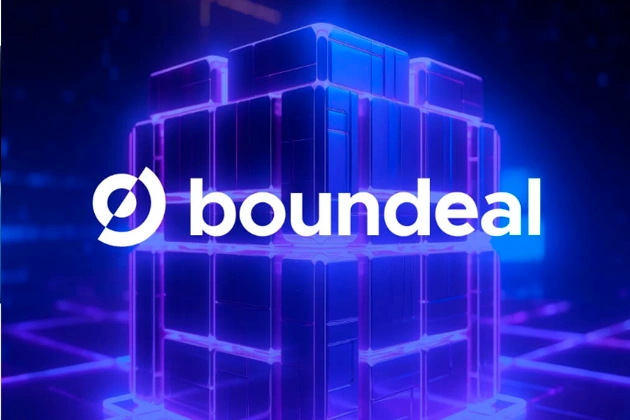As businesses continue to digitize their workflows, the need for secure and efficient document management has become more important than ever. Many teams rely on familiar cloud storage platforms for everyday collaboration, but when sensitive information is involved—such as legal files, financial records, or M&A documents—additional safeguards are required. This is where solutions like Boundeal come into play, offering secure environments designed for high-stakes transactions and confidential data management.
While cloud storage and a virtual data room may seem similar at first glance, their purposes, capabilities, and security standards differ significantly. Understanding these differences is essential for companies choosing the right platform for their operations.
Cloud storage: built for convenience and everyday use
Cloud storage platforms such as Google Drive, Dropbox, and OneDrive are widely adopted due to their simplicity and accessibility. They are designed to support teamwork, file synchronization across devices, and quick sharing in day-to-day tasks.
Key characteristics of cloud storage:
- Ease of adoption: Minimal setup makes it suitable for small teams or quick collaboration needs.
- Affordable and accessible: Most services offer generous free plans or low-cost subscriptions.
- Flexible for general use: Ideal for storing non-confidential files, working drafts, and operational documentation.
Cloud storage is perfectly adequate for routine operations. However, its structure and security frameworks are not tailored for high-compliance environments or regulated processes.
Virtual data rooms: built for security and controlled access
A virtual data room (VDR) is purpose-built for scenarios where confidentiality, compliance, and precision matter. These platforms are used in mergers and acquisitions, due diligence, fundraising, strategic partnerships, and any situation where sensitive information must be handled responsibly.
What distinguishes VDRs from cloud storage:
- Purpose-built security: Advanced protection, role-based access, and strict internal controls.
- Structured document organization: Clear categorization and indexing for large volumes of sensitive documents.
- Accountability: Full audit logs showing who viewed, accessed, or interacted with each document.
- Compliance support: Aligned with regulatory requirements across industries, making them suitable for legal, financial, and corporate transactions.
VDRs are not simply “secure cloud storage”; they are specialized platforms designed to meet the demands of high-risk, information-intensive processes.
Key differences businesses should consider
-
Security expectations
Cloud storage offers baseline encryption and basic sharing permissions.
VDRs incorporate multi-layered security frameworks designed to meet strict regulatory standards and prevent unauthorized access.
-
Access management
Cloud platforms typically use simple link-sharing or email-based permissions.
VDRs apply granular control—users can be assigned specific roles, visibility levels, and access windows.
-
Document tracking
Cloud storage often lacks detailed user activity logs.
VDRs provide complete traceability, crucial during due diligence or legal reviews.
-
Compliance and governance
Cloud storage is not built with industry-specific compliance in mind.
VDRs are designed to support businesses operating under GDPR, HIPAA, financial oversight rules, and corporate governance standards.
-
Use-case alignment
Cloud storage suits routine collaboration.
VDRs suit high-value deals, confidential exchanges, and sensitive corporate workflows.
Which solution is right for your business?
Both cloud storage and virtual data rooms play important roles in modern document management, but they serve different purposes:
- Use cloud storage for general collaboration, operational files, and everyday tasks.
- Choose a VDR when handling sensitive documents, regulatory requirements, legal processes, or investor relations.
For businesses navigating high-stakes workflows, a dedicated virtual data room offers the structure, protection, and control needed to maintain trust and reduce risk. As platforms like Boundeal continue to evolve, companies will have even more reliable options for managing confidential information securely and efficiently.











